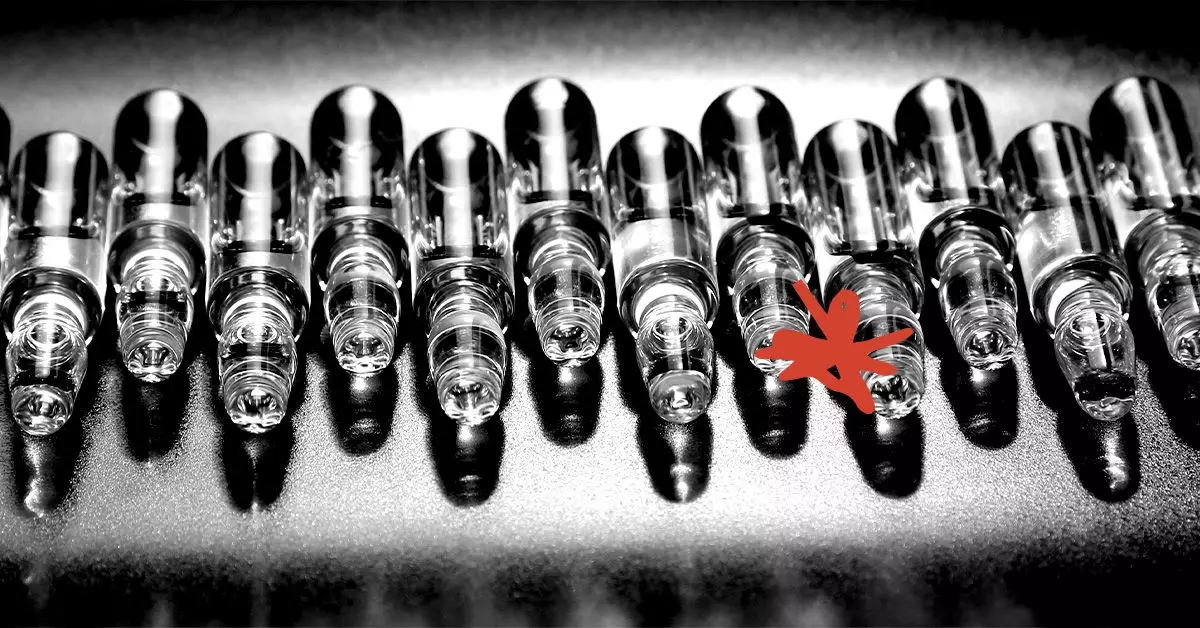Prostate cancer challenges us with its complexity and unpredictability, requiring innovative approaches for effective management. One such approach gaining traction in recent years is immunotherapy, specifically designed to harness the body’s immune system to combat cancer cells. Unlike traditional therapies that often rely on external agents, immunotherapy seeks to empower our internal defenses. However, its effectiveness varies widely, influenced by factors such as cancer stage and the overall health of the patient.
Among the suite of immunotherapeutic interventions, the prostate cancer vaccine, Provenge, stands out. This treatment is specifically indicated for cases where the cancer is resilient to hormone therapy yet remains asymptomatic or minimally symptomatic. Its role is less about halting cancer’s progression and more about extending survival. While Provenge may not cure prostate cancer, its ability to add months or even years to patients’ lives provides a glimmer of hope, particularly in advanced cases.
Evidence and Outcomes: What Studies Reveal
Exploratory studies bolster our understanding of immunotherapy’s potential. For instance, recent data highlights a significant uptick in median overall survival rates for men receiving a combination of androgen receptor-targeting agents and Sipuleucel-T. According to a 2022 study, patients undergoing this dual treatment enjoyed a survival rate of approximately 2.5 years, compared to just six months for those on androgen receptor-targeting agents alone. This stark contrast emphasizes the invaluable role that immunotherapy can play, especially as we navigate the complexities of advanced prostate cancer.
Yet, it’s crucial to dive deeper into the characteristics of individual tumors when evaluating immunotherapy’s efficacy. Factors such as a defect in mismatch repair genes (dMMR), elevated microsatellite instability (MSI-H), and a high tumor mutational burden (TMB-H) can significantly sway treatment outcomes. These genetic characteristics can render certain cancers more susceptible to immune interventions, creating a tailored treatment pathway that aligns individual biology with therapy.
Navigating Treatment Decisions: Consultation is Key
One of the hallmark features of immunotherapy is its unique side effect profile, which can include infusion site reactions, fever, and fatigue. Such reactions can vary tremendously among patients, making pre-treatment discussions with healthcare professionals indispensable. This dialogue not only discusses the potential benefits but also strategically addresses the risks associated with various immunotherapies, ranging from sipuleucel-T to checkpoint inhibitors like pembrolizumab and dostarlimab.
Though immunotherapy is not typically considered a first-line treatment, its application in advanced cases provides valuable options for patients who have exhausted other therapies. As cancer treatment becomes more personalized, the integration of immunotherapy into the standard arsenal against prostate cancer must be approached with both optimism and caution.
The current landscape of immunotherapy presents a paradox—bursting with potential, yet hindered by knowledge gaps. As ongoing research endeavors continue to uncover the intricacies of how these treatments interact with cancer biology, the hope is that they will become not just an adjunct, but a cornerstone in the pursuit of longer, healthier lives for those battling prostate cancer.


Leave a Reply